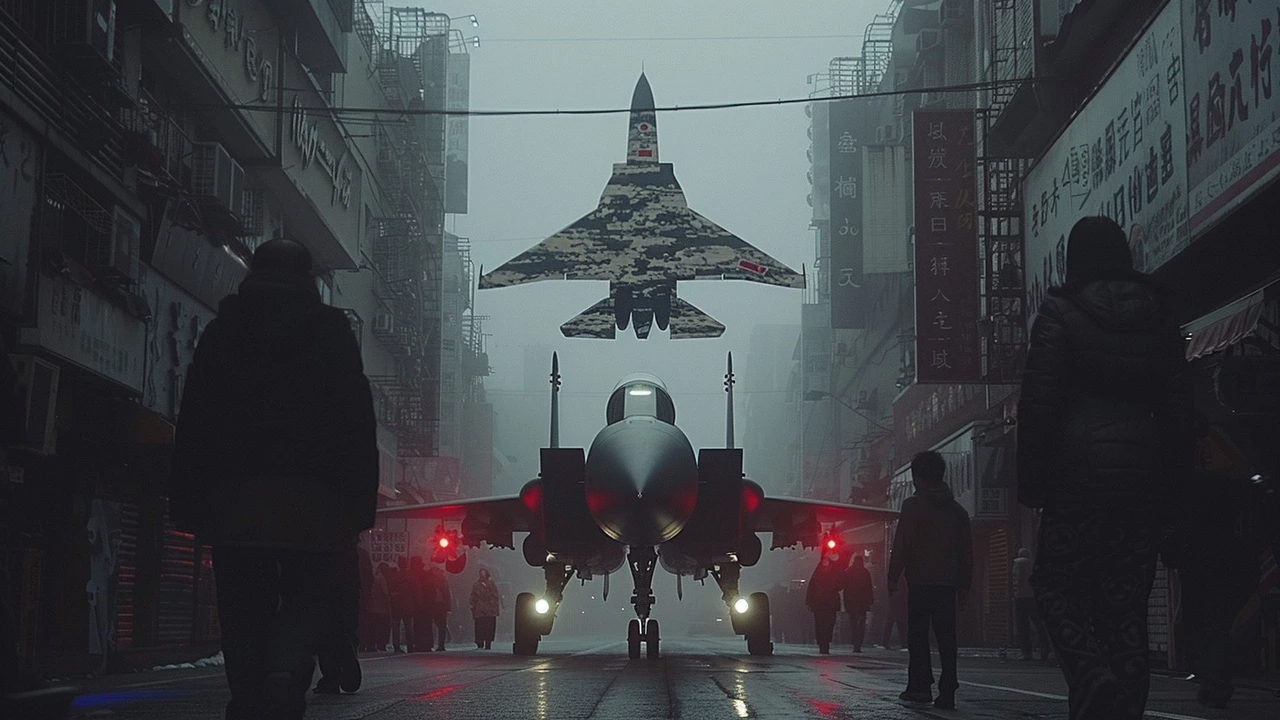People's Liberation Army (PLA) — what it is and why it matters
The People's Liberation Army, usually called the PLA, is China’s armed forces. It includes the army, navy, air force, rocket force and a few newer units like cyber and space commands. Over the past two decades the PLA has gone from a mostly land-based force to a more modern, tech-focused military with global reach.
If you follow world security or Africa's geopolitics, the PLA shows up a lot. You’ll see its ships in African waters, Chinese peacekeepers in UN missions, and equipment sold to several African states. That makes the PLA relevant to local politics, trade routes and regional security.
Structure and modern capabilities
The PLA is organised into services: the People’s Liberation Army Ground Force (PLAGF), Navy (PLAN), Air Force (PLAAF), Rocket Force (strategic missiles), and the Strategic Support Force (space, cyber, electronic warfare). Each has been modernised with new equipment and training.
Key upgrades include aircraft carriers and modern fighter jets like the J-20, a growing blue-water navy with advanced destroyers and submarines, and long-range missile systems. The PLA also invests heavily in cyber tools, satellites and intelligence systems. Training and logistics have improved too, making the force faster and more flexible.
That matters because the PLA now aims to operate beyond China’s shores. Joint drills, overseas bases, and better transport ships mean Beijing can project power further and support Chinese citizens and projects abroad.
How the PLA interacts with Africa
China’s military role in Africa has grown in three clear ways: security cooperation, peacekeeping and naval presence. The PLA trains African troops, offers military equipment, and sends advisors. China also contributes personnel to UN peacekeeping missions across the continent.
China opened its first overseas military base in Djibouti in 2017. That base supports anti-piracy patrols, logistics and evacuation of Chinese nationals. You’ll also spot Chinese navy ships making port calls in African harbours—sometimes for resupply, sometimes for joint exercises.
Arms sales are another link. Several African countries buy Chinese military gear because it’s often cheaper and comes with fewer political conditions than Western offers. That builds long-term ties but raises questions about local balance of power and transparency.
What should readers watch for? Look at PLA deployments near key shipping lanes, new defence agreements between China and African states, and any increase in joint drills. These moves affect trade, security and diplomacy for African nations and their partners.
Want updates? This tag brings stories, analysis and background on the PLA’s moves that matter to Africa and the wider world. Bookmark the page if you track defence policy, regional security or China’s global role.
- May 24, 2024
- Comments 9
- World News

